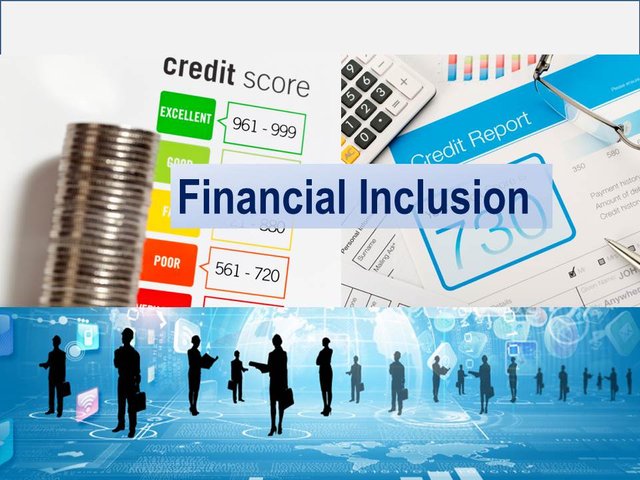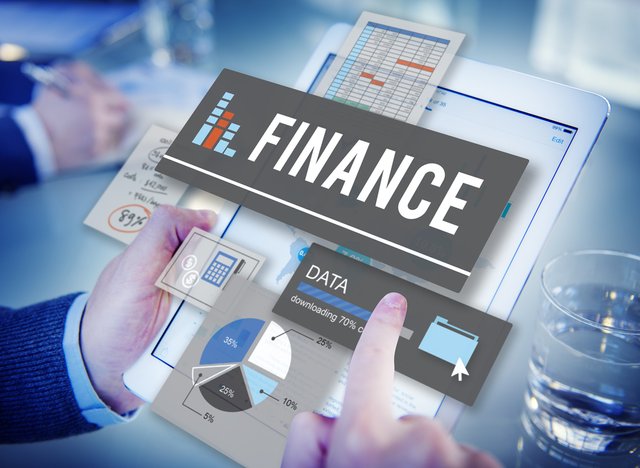There has been much discussion about how today's economic and financial world runs the risk of leaving out thousands of people who do not know how to access or navigate the changing macroeconomic scenarios of excessive volatility and inflation.

Hence the thesis of creating mechanisms of inclusion in this area in the economic and financial sphere as institutional objectives of global action in order to contribute primarily to the most vulnerable people.
Consequently, it is of utmost importance that states offer basic education in finance to all citizens who need it and demand it has become a primary objective.
Starting from education as a liberating instrument, since it is considered one of the fundamental axes of economic and financial inclusion, defined as equal access to the services provided by the banking and state institutions of the executive powers.

In fact, the intention of economic and financial inclusion is that everyone who wants and needs it should acquire, on an equal footing, the knowledge to manage their own economy, to know what the risks are and where they are.